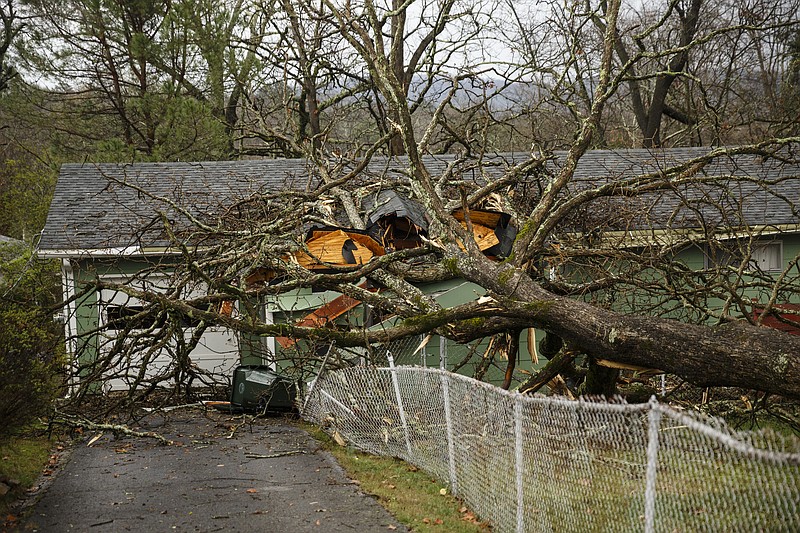Q. The recent storms and flooding have resulted in large amounts of debris in my neighborhood. What advice may BBB offer for clean up?
A. Yes, the rain, wind storms and flooding has created a problem for cleanup. Disposal of debris can be a major concern. No matter what area you live in, the type of debris you will encounter will be much the same: damaged buildings, limbs and downed trees, lawn damage, building materials, and in some cases, household and other types of hazardous waste. What varies in Southeast Tennessee and Northwest Georgia is the way in which each city and county disposes of the debris. Be aware that states, cities and counties have particular issues about where debris can be stored. Locally, for city of Chattanooga please visit www.Chattanooga.gov/public-works. Hamilton County, www.recycle.hamiltontn.gov.
Consumers should check with their state's Department of Environmental Protection (DEP) www.epa.gov or equivalent or FEMA, www.fema/gov for information if debris storage is required. Remember, your main goal is to regain your sense of normalcy and clean up. While doing so within the guidelines set by federal agency, state agency, city and county.
BBB offers the following tips and information for debris removal:
Note debris is hazardous. It often has sharp or rough edges; it may cause falls; it may contain hazardous material such as asbestos, lead or fiberglass; and it may have been contaminated with chemicals or germs by flood or storm.
When cleaning up debris, one of the first steps is to assess the types of waste you are dealing with, and what disposal procedures should be taken. They fall into four main categories and can be disposed of in the following ways:
- Branches, trees and vegetative wastes can be separated from the other debris and later can be sent to the county burn pile. These wastes can also be sent to a permitted disposal site.
- Construction debris - the structural materials from houses and buildings, such as concrete, boards, shingles, windows, siding, pipes, etc. - can be taken to the closest construction and demolition (C&D) landfill or a permitted county solid waste landfill.
- Other household wastes, such as trash and furniture, should be sent to a permitted county landfill.
- Hazardous wastes - If you believe the waste contains regulated hazardous materials, more care and caution is needed. Those wastes should be containerized, labeled, and ultimately sent to a facility that is permitted to store, treat or dispose of hazardous wastes. In those instances, it is important to contact the Tennessee Emergency Management Agency or the Georgia Department of Natural Resources to discuss proper disposal procedures.
Disaster victims should never feel forced to make a hasty decision or to choose an unknown contractor. Start With Trust. To view the business profile on BBB Accredited Businesses by type of business, visit www.chattanooga.bbb.org or call (423) 266-6144. Enter the business telephone number and a recorded BBB report on the business will be provided.
Jim Winsett is president of the Better Business Bureau in Chattanooga.
